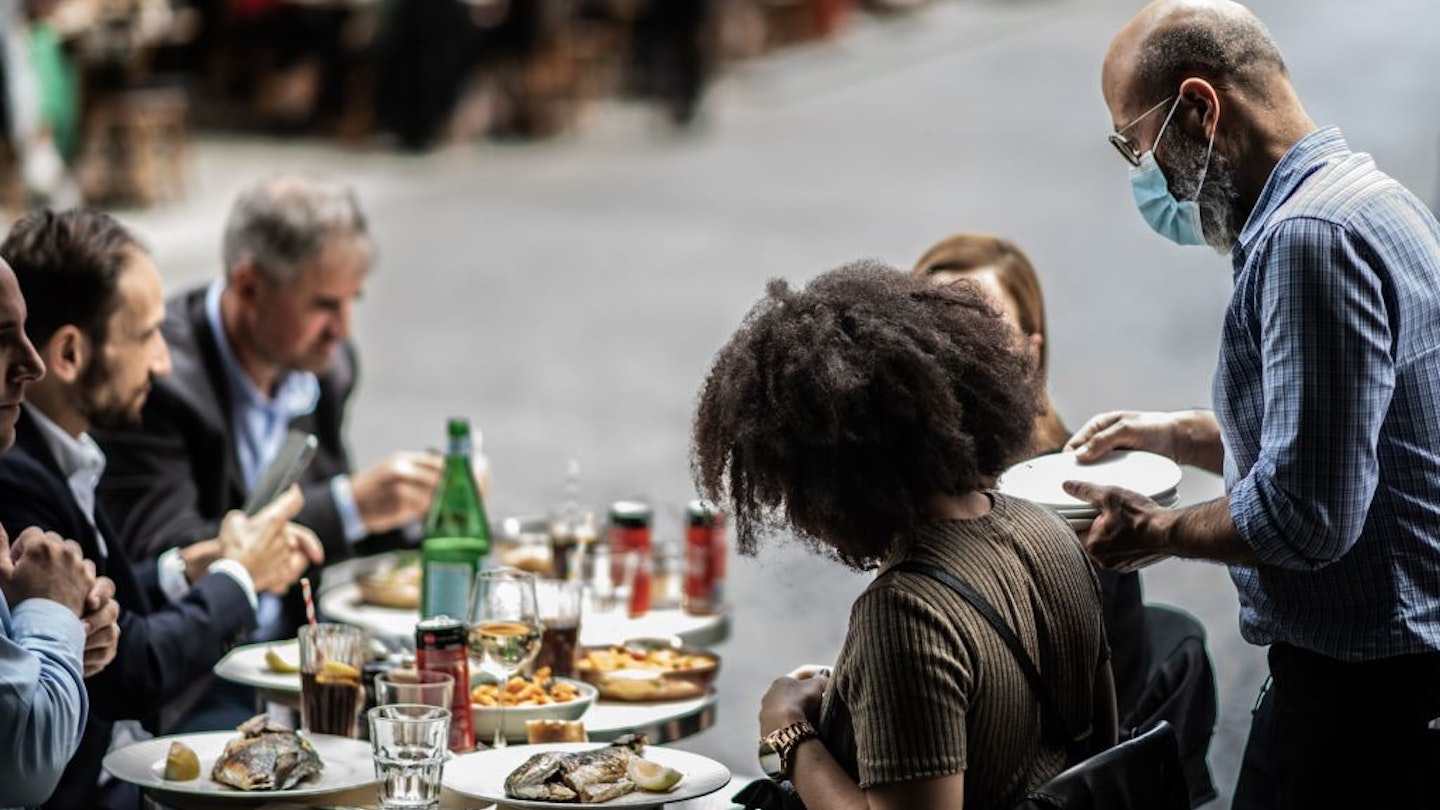Traveling to France: New Guidelines for a Safe Experience
With its world-class art, charming cafe culture, vibrant markets, and an undeniably romantic capital, France has captivated travelers for centuries. As the country reopens its borders, summer holidays in la belle France are upon us – albeit with significant changes.
The reopening of French borders on June 15 to travelers from the EU, UK, and Schengen zones signifies a monumental revival for French tourism. As the world’s most popular travel destination, France welcomed 89.4 million visitors in 2019, aiming for 100 million in 2020. Although a voluntary 14-day quarantine applies to travelers arriving from Spain (until June 21) and the UK (currently without a confirmed end date), various security measures are now in place to ensure a safe environment for visitors.
Masks: The New French Travel Essential
Mask-wearing is now a critical aspect of traveling through France – ensure you always have one handy. Face masks are mandatory for adults and children aged 11 and above on public transport, including boats on the Seine, in museums, on guided tours, and within restaurants and cafes. Always look for signs indicating “port du masque obligatoire” before entering shops.
Disposable surgical and washable cotton masks are readily available in pharmacies and supermarkets. For those who wish to add a touch of French style to their face coverings, consider ordering a floral hand-printed fabric mask from Parisian Indie-design label Jamini or a chic scarf from the iconic label Sézane.
Rethinking Dining Out
Much to the delight of the food enthusiasts, cafes, creperies, patisseries, bistros, and restaurants in France have reopened. Tables are limited to a maximum of 10 people and spaced at least 1 meter apart, with printed menus replaced by scannable QR codes, chalkboards, or quick explanations from the staff (a helpful tip: brush up on your French!).
All restaurant and bar personnel are required to wear masks, as are customers when being seated or moving about inside. Drinking while standing at the bar or any place other than a table is no longer permitted. Furthermore, contactless card payment is highly encouraged.
Restaurants and cafes in Paris and Île de France fully reopened on June 15 after a brief period serving food exclusively outdoors. Al fresco dining is currently the preferred option, leading to a plethora of creative culinary experiences. The open-air food market Beaupassage showcases a selection of Michelin-starred chefs, while the iconic terrace at Le Nemours represents classic Parisian charm.
Exploring Major Attractions in France
Museums and monuments are gradually reopening across the country – remember to wear a face mask and expect hand sanitization upon entry. Advance ticket reservations are recommended to control visitor capacity at popular sites like the Musée du Louvre, Château de Versailles, and Lyon’s Musée des Confluences.
For instance, only the first two levels of the Eiffel Tower will be accessible starting June 25, while visitors at sites like Mont St-Michel must follow a clearly marked one-way path.
Rediscovering the French Alps and Pyrenees
With hopes for a thriving summer season in the French Alps and Pyrenees, travelers are actively seeking remote, sustainable breaks amid stunning mountain views, picturesque hiking trails, and delicious Savoyard fondue. All hiking trails are open, and cable car stations have implemented thermal cameras for temperature checks before boarding.
To maintain social distancing, Chamonix’s famous Aiguille du Midi cable car has reduced its capacity to 25-30 passengers instead of the usual 67, making for a spacious and safe ascent to breathtaking heights.
Enjoying France’s Beaches
As of June 2, all beaches along France’s extensive coastline, spanning 5800 km on the Mediterranean and Atlantic, have reopened. Groups are limited to 10, with a 1-meter social distancing rule in place, and group sports are prohibited. Disinfection practices are rigorous; for example, Cannes commenced the summer with beach quads cleaning its coastline.
City mayors are permitted to impose additional regulations; in Marseille, the beaches known as “plages dynamiques” limit activities to strolling and individual sports. Likewise, lounging on the sand incurs fines, reinforcing the importance of maintaining distance between groups.
In Paris, Paris Plages will transform Seine-side quays into beach havens, offering a variety of seaside fun while maintaining social distancing from July 18 until the end of August.
Hotel Stay Adaptations
While hotels in France were not required to fully shut down during the lockdown, it is estimated that 95% did. Many of these establishments plan to reopen in late June or early July, ensuring that staff wear masks and adhere to a 1-meter social distancing rule in public areas. Reception areas now feature protective shields, with magnetic keys being offered as single-use only, promoting digital check-in and check-out processes.
Additionally, one-way systems and hand sanitizing stations have become commonplace, while the traditional breakfast buffet has been replaced with waiter or room service options.





